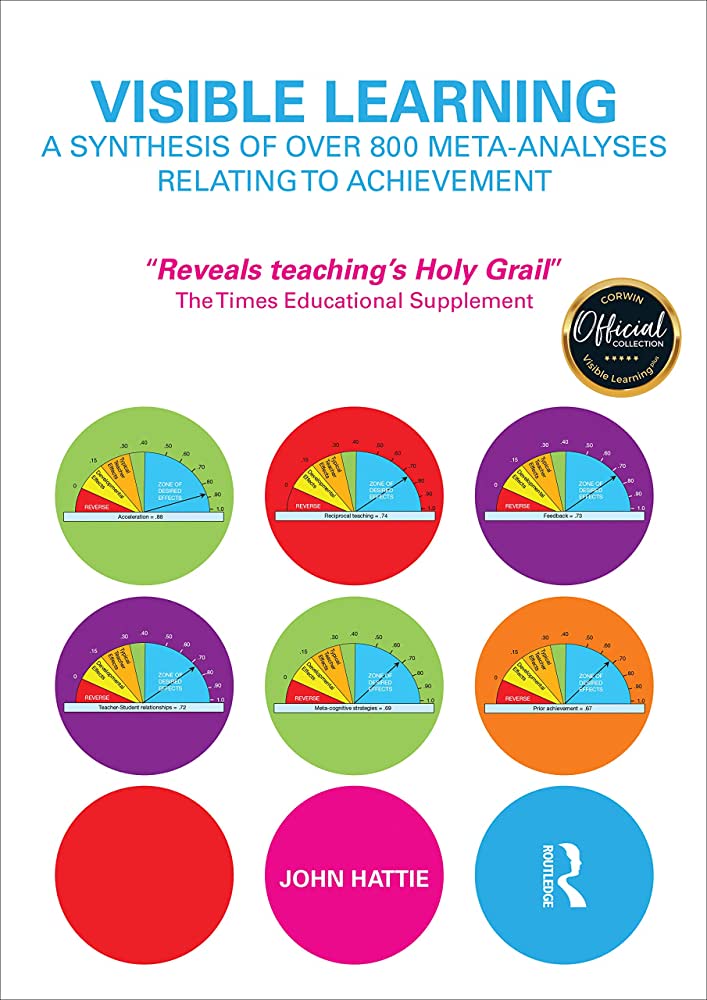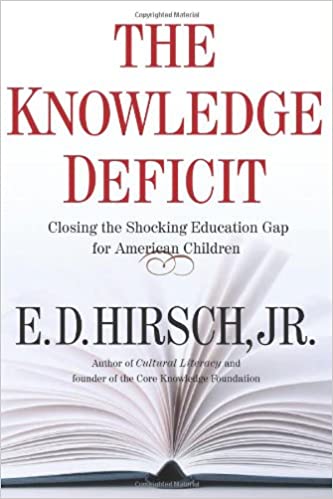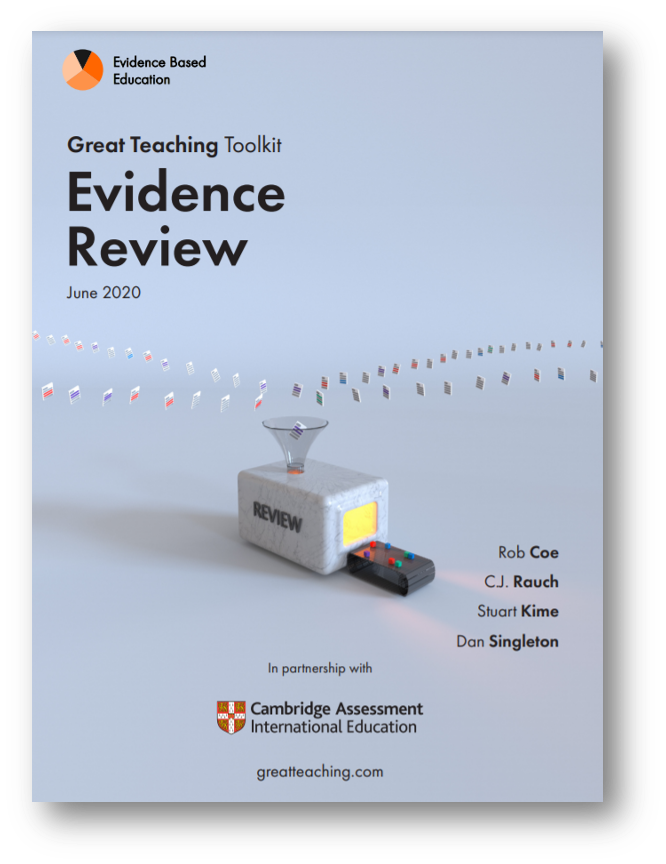Download the presentation of this section.
What have been the main drivers of schema and Cognitive Load Theory? There’s a range of things.
 First of all, there’s been a whole lot of what we call evidence-led approaches. In other words education scientists, particularly people like John Hattie and Rob Coe, have been trying to measure the effects of doing different types of things in pedagogy to find out which things are more effective than others.
First of all, there’s been a whole lot of what we call evidence-led approaches. In other words education scientists, particularly people like John Hattie and Rob Coe, have been trying to measure the effects of doing different types of things in pedagogy to find out which things are more effective than others.
Secondly, whether we like them or not, the PISA tests organized by the OECD have been quite influential. These are tests which are given to a range of students randomly around the world, broadly speaking in year 10, every couple of years and the performance of the nations in most (European) countries has been quite disappointing shall we say – and we think that’s been a driver for trying to improve pedagogy.
 There’s also a need to boost Cultural Literacy, as promoted by ED Hirsch and others. And the whole notion of developing what we call ‘powerful disciplinary knowledge’ promoted by people such as Michael Young at the Institute of Education in London.
There’s also a need to boost Cultural Literacy, as promoted by ED Hirsch and others. And the whole notion of developing what we call ‘powerful disciplinary knowledge’ promoted by people such as Michael Young at the Institute of Education in London.
We have to say that the loss of modularity at GCSE and A Level has put a much stronger emphasis on trying to remember things in the long-term. So that’s been a driver too.
There’s also been a reaction to what was a poorly evidenced three-part lesson approach and the proliferation of a whole lot of fads and myths during the period from the early 2000s to 2010s (‘2000 and teens’). And that’s been rejected to some extent and replaced by newer more evidence-led approaches.
Now lets’ look at who’s being saying these things – who’s been influencing the move towards Cognitive Load Theory and schema building. One of them is Dylan Wiliam, who famously said some years ago ‘I’ve come to the conclusion that Sweller’s Cognitive Load Theory is the single most important thing for teachers to know.’

Another researcher, Daniel Muijs in Amsterdam University (and formerly head research at OFSTED) said that ‘it’s one of the best-supported theoretical frameworks in education.’
Another well-known teacher – head teacher in fact – Clare Sealy has said that ‘Our memories get stronger once retrieved, if we had time to forget them.’
So one of the approaches I would suggest using, as I do in my lessons is that when you’re doing retrieval practice you could describe it to the students as ‘interrupting their forgetting’. That’s what makes that memory stronger. We all forget things, but if you interrupt that forgetting process, it’s more like to end up in your long-term memory.
 A more recent very influential documentary which has been produced is ‘The Great Teaching Toolkit – Evidence Review’ by the Evidence Based Education organization which incorporated research from several countries. It’s led by Professor Rob Coe and one of the things he was talking about he’s in embedding getting the learning to stick. He talks about the fact that memory is not just a storage facility of facts that could just as easily be looked up. The schema’s that we used to organize knowledge in memory are the very things we use to think with and connect new learning to (Sweller, 1994). In other words, it goes back to the idea that Cognitive Load Theory is not just filling up the brain with information. It has to be put into our brains into our long-term memory in such a way that builds strong links to other bits of information in schemas because those knowledge and schema that are required for future learning that must be secure and readily retrievable.
A more recent very influential documentary which has been produced is ‘The Great Teaching Toolkit – Evidence Review’ by the Evidence Based Education organization which incorporated research from several countries. It’s led by Professor Rob Coe and one of the things he was talking about he’s in embedding getting the learning to stick. He talks about the fact that memory is not just a storage facility of facts that could just as easily be looked up. The schema’s that we used to organize knowledge in memory are the very things we use to think with and connect new learning to (Sweller, 1994). In other words, it goes back to the idea that Cognitive Load Theory is not just filling up the brain with information. It has to be put into our brains into our long-term memory in such a way that builds strong links to other bits of information in schemas because those knowledge and schema that are required for future learning that must be secure and readily retrievable.
Come back to this point again: forgetting is normal but can be slowed or prevented by periodic revisiting and review. In other words, retrieval.
